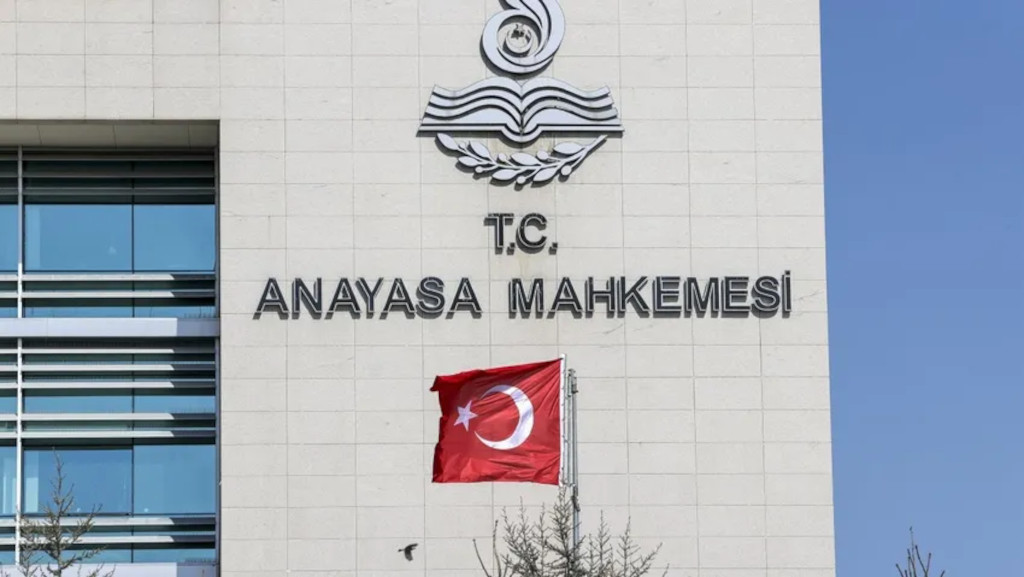Turkey’s Constitutional Court has cancelled certain provisions of a 2020 law that granted the authority to the interior minister to suspend board members and employees of civil society organizations, appoint trustees to manage these organizations, or dissolve them, the Media and Law Studies Association (MLSA) reported on Wednesday.
Law No. 7262 on the Prevention of the Financing of the Proliferation of Weapons of Mass Destruction, which came into force on December 31, 2020, enabled the suspension of board members and employees as well as the dissolution of organizations, without adequate and effective judicial safeguards.
The Turkish government was widely criticized for exploiting measures prescribed by international watchdogs to combat money laundering, terrorism financing and countering the financing of the proliferation of weapons of mass destruction in a bid to target civil society organizations through this law.
In a decision published in the Official Gazette on Wednesday, the Constitutional Court revoked provisions giving the minister extensive powers over civil society organizations, citing them as “contrary to the freedom of association.”
The court’s unanimous decision, which came as a result of a lawsuit filed by 132 members of parliament, will enter into force nine months after its publication in the Official Gazette.
Before parliament approved Law No. 7262, 520 nongovernmental organizations in Turkey said in a joint statement that the bill’s provisions violate the right to freedom of association.
Although the law describes the suspension measures as “temporary,” terrorism prosecutions in Turkey often last for many years.
In the aftermath of an attempted coup in July 2016, Turkish President Recep Tayyip Erdoğan ruled the country under a state of emergency that was in force for two years, until 2018, during which his Justice and Development Party (AKP) government summarily shut down a total of 1,748 associations and foundations by decree-laws.

